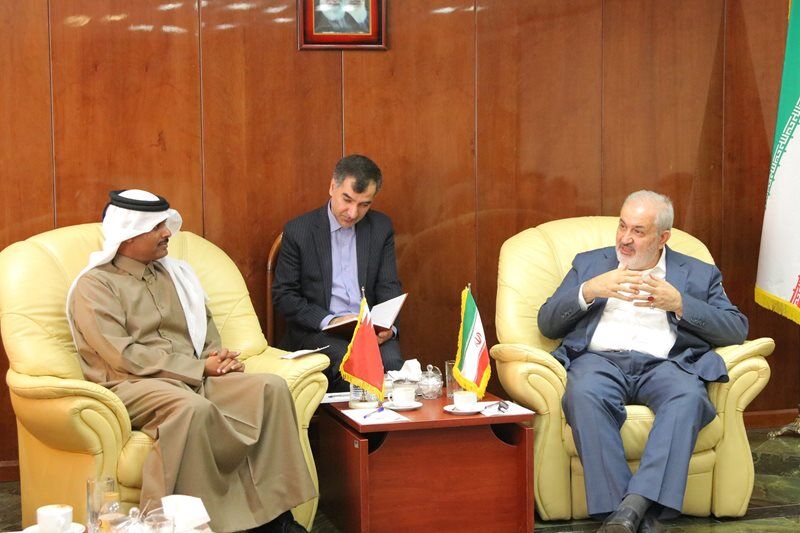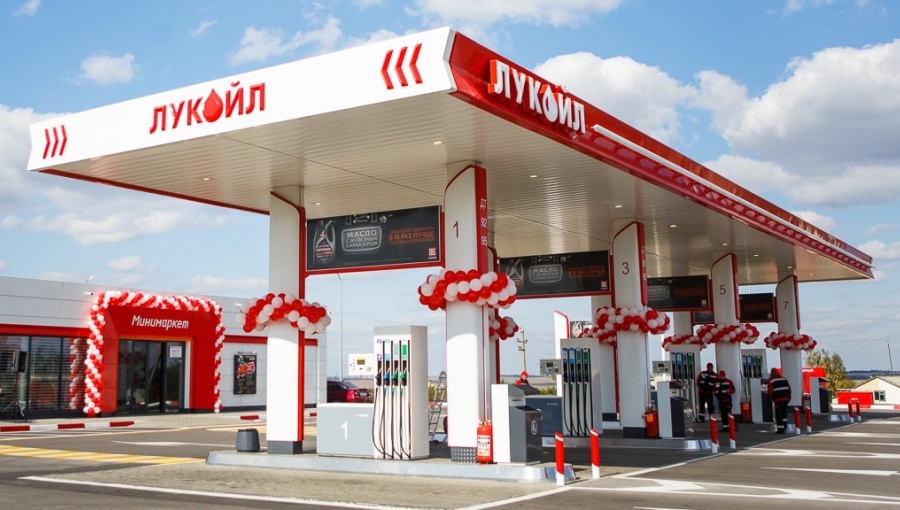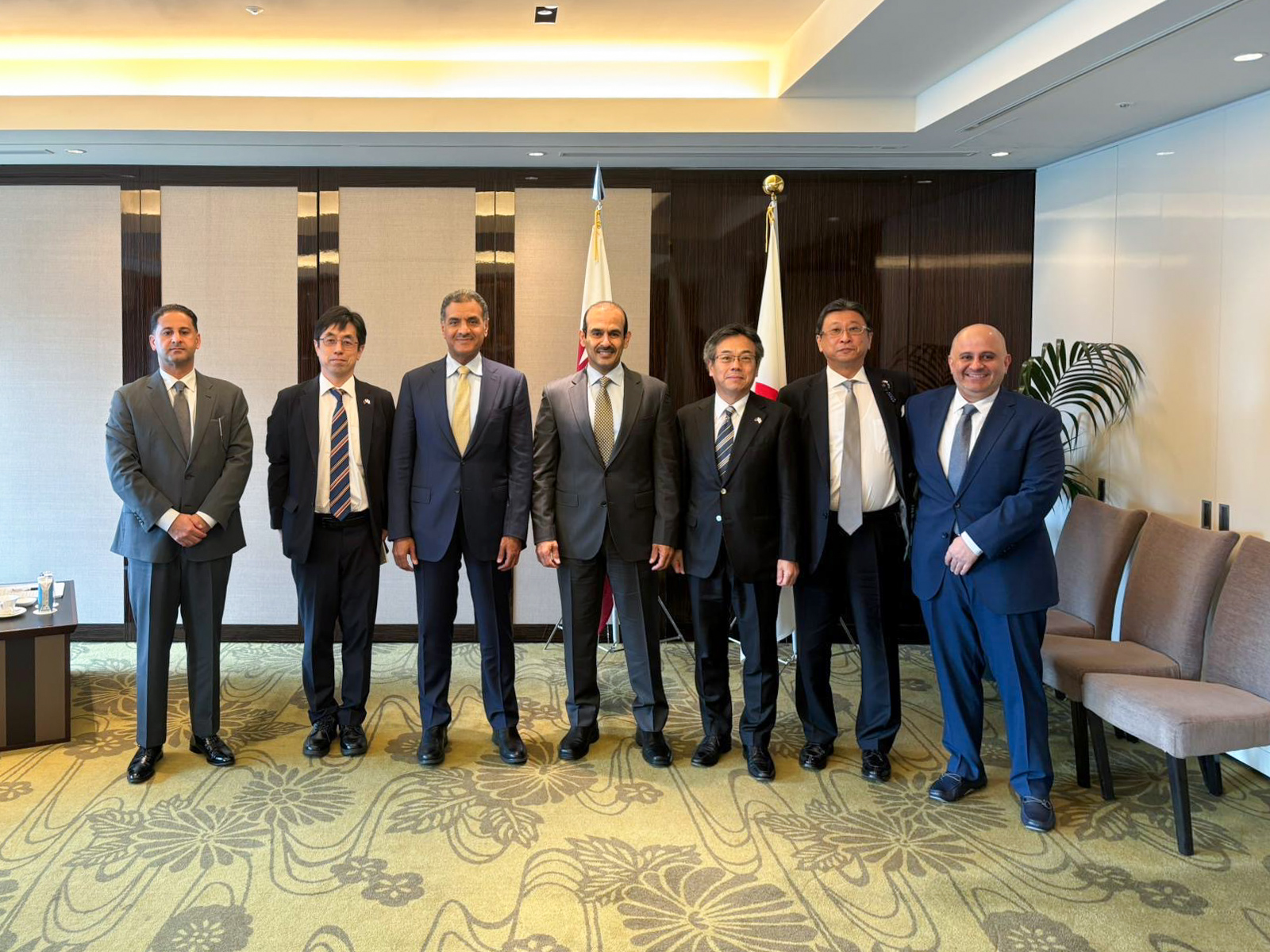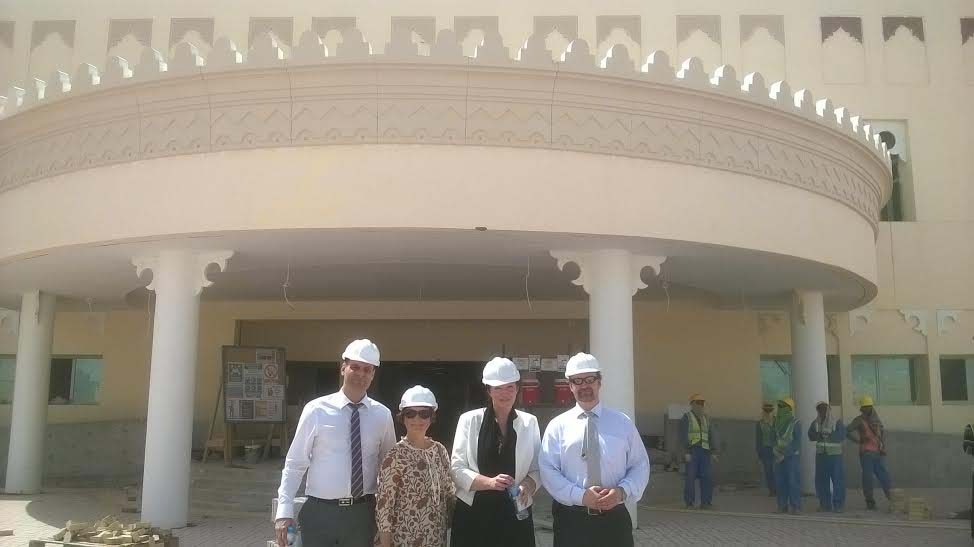
In a bid to relieve some of the strain on parents hunting for school places for their children in Qatar, the Supreme Education Council has announced that five new schools will open their doors in the fall.
Among them is Qatar’s first educational facility from Finland, a country known internationally for strong student performance.
Another 23 schools are awaiting SEC approval for education licenses before they are able to open their doors, but are aiming to be ready for a September start.
Altogether, the 28 new private schools would be able to accommodate some 10,000 students, helping the rapidly growing country cope with a school place shortage that has been hurting its recruitment efforts.
According to a new regional education report, the number of pupils enrolling in private schools in Qatar will rise by between 30 to 40 percent in the next five years.
This rise in demand for places is partly due to the increasing expat population, but also comes as the average Qatari family decides to spend more on children’s education, and utilizes the expanding voucher program to place their kids in private school.
In a statement issued earlier this week, the SEC acknowledged surging demand and said that raising admissions capacity in private and independent (state) schools in Qatar was its “top priority.”
Finland model
This September, the Qatar-Finland International School (QFIS) in north Duhail will open an international primary school as part of the SEC’s Outstanding Schools program.
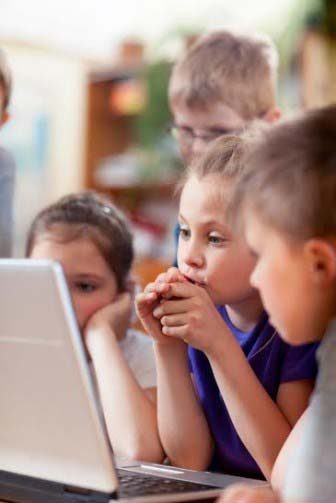
Under that initiative, Qatar hand-picks schools from around the world that teach accredited international or national curricula to open a campus here.
Schools already set up under the system include Sherborne Qatar, the International School of London in Qatar (ISL-Q) and the Michael E. DeBakey High School for Health Professions in Qatar.
Speaking to Doha News, QFIS officials said they signed an agreement with the SEC last month, and are now accepting applications for students ages five to seven years old.
The school, which must reserve at least 25 percent of its seats for Qataris (a requirement introduced in 2012), will be modeled on Finnish child-centric education principles.
Different take
Speaking to Doha News, Headteacher Juha Repo and Global Operations expert Tiina Raatikainen have been preparing for the co-ed school to open its doors on Sept. 7.
QFIS will be run by Educluster Finland, an education organization which is part of the state-funded Finnish University of Jyväskylä, and which has experience in the Gulf, including in the UAE and Saudi Arabia.
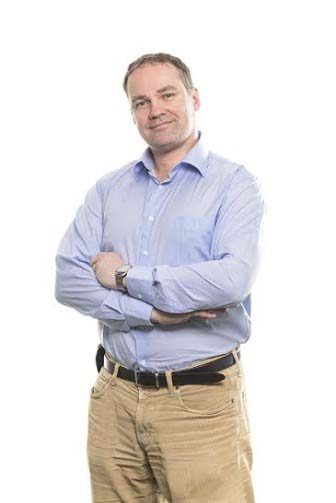
According to Repo, the school plans to provide the core elements of the internationally-renowned Finnish education system, with modifications to reflect Qatari culture, society and traditions.
In Finland, for example, children don’t start school until they are seven years old. But the Qatar school will take children two years earlier than that.
Though QFIS will initially focus on the early years, offering grades 0 to 2, it plans to later expand into other years as it becomes more established.
However, Repo explained that the years are flexible and children would be assigned to a class depending on their individual skill levels and abilities. He continued:
“Under the Finnish model, we have a very strong student support system and all the learning is tailored to the child’s needs from the start.
In the early years, the grade system will be dynamic and flexible, moving according to the requirements of the individual child.”
This is a key aspect of the Finnish system, which is entirely child-centered, Repo said.
Eight Finnish teachers have already been recruited to launch the Qatar school, and many of them already have experience teaching in the region.
In a difference to other systems, the teachers don’t specialize in a particular year group, but are trained to teach across all levels of the school, and often have the children for years at a time, so the children and the teachers know each other well.
They will be supported by locally-hired learning assistants, who will be trained in the Finnish education methodology, as well as a dedicated special needs teacher.
Under the Finnish model, all teachers are required to have at least a Master’s degree in education, and part of this includes special needs training.
Describing what makes the Finnish system different, Repo emphasized, “We don’t teach children to pass tests. We focus on giving the skills of learning to learn.”
International rankings
Although children traditionally start school later in Finland than in other countries, and the schools have shorter days, students are regularly at the top of global education rankings.
Finland came within the top five European countries in the most recent global index, Program for International Assessment (PISA), which is run by the Organization for Economic Cooperation and Development (OECD).

The 2012 test measured more than half-a-million 15 year olds from 65 countries on their knowledge and skills related to math, science, problem-solving and financial literacy.
In comparison to Finland, Qatar students ranked near the bottom of the index, although did show some improvements since the 2006 test.
In keeping with Finnish emphasis on fluency in languages, the school aims to have all children functionally bilingual.
While English will be the main language of instruction, Arabic would be taught three times a week, in addition to Islamic studies and Qatari history, Repo said.
He added: “We were invited here to support the national education strategy. I hope we can do that.”
Thoughts?



